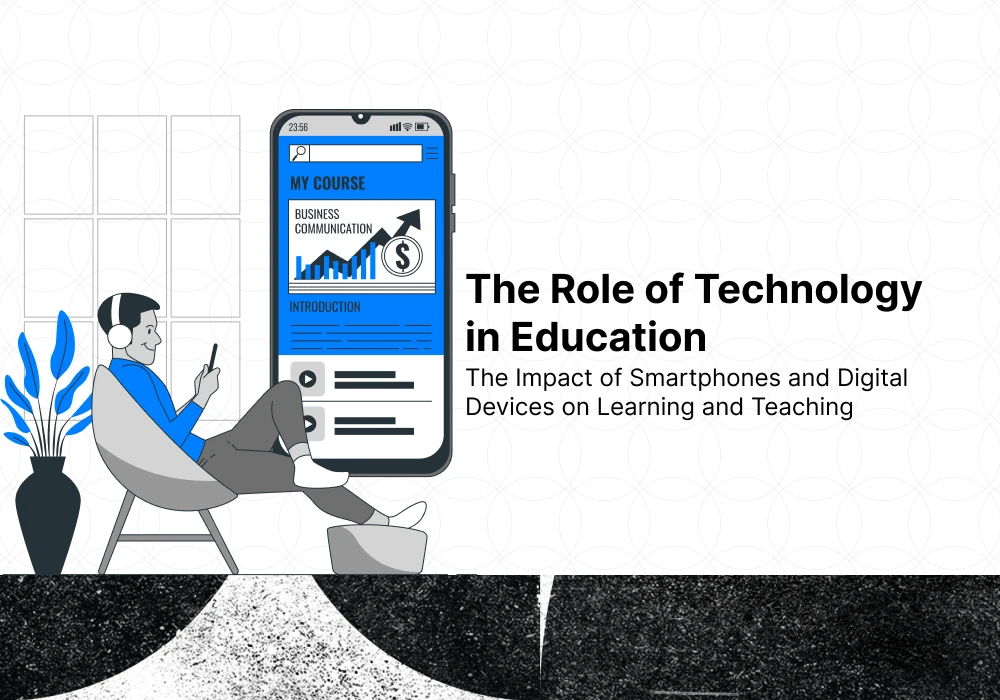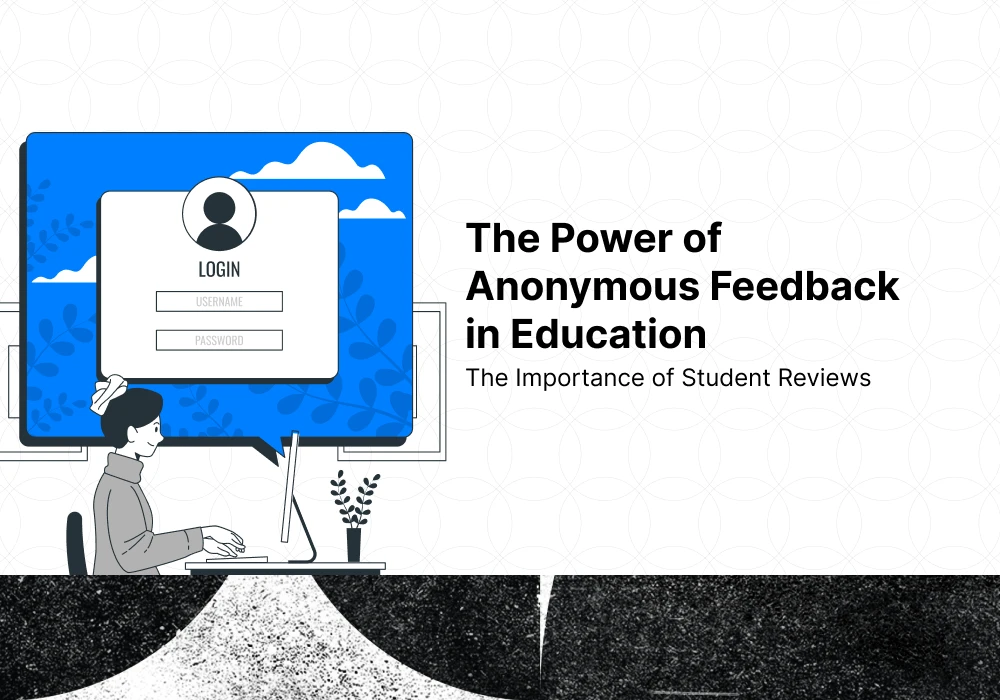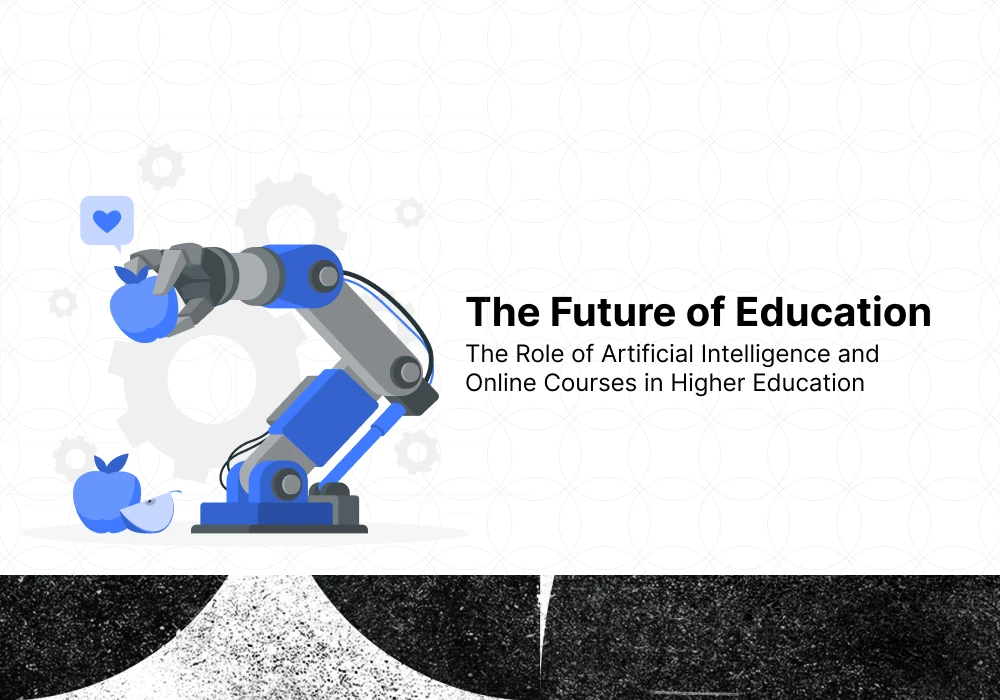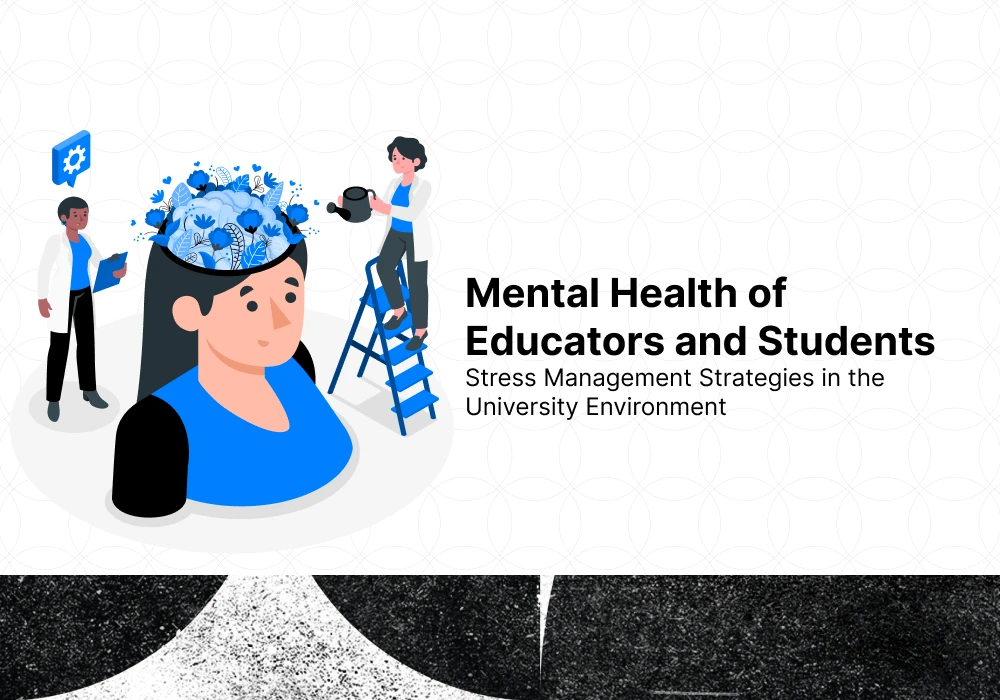The Role and Effectiveness of University Projects and Homework
Fostering Practical Knowledge
5 minutes
Sep.22.2023

In the realm of higher education, both projects and homework assignments play pivotal roles in students' learning processes. These tasks offer opportunities for students to acquire practical, applicable knowledge and deepen their understanding of course materials. In this article, we will explore the effectiveness of university projects and homework and examine how they contribute to the development of practical knowledge.
The Role of Projects and Homework in Higher Education
The goal of higher education extends beyond the transmission of theoretical knowledge; it also aims to develop students' critical thinking and practical skills. Projects and homework assignments play a significant role in achieving these objectives. Let's explore how these tasks function in higher education:
1. Gaining Practical Experience
Projects and homework assignments provide opportunities for students to develop practical skills. These tasks often simulate real-life situations that students may encounter in their future careers or practical contexts.
2. Deeper Understanding
Projects and homework assignments require students to delve into subject matter more deeply than classroom lectures may allow. Students must contemplate and apply course materials to solve these tasks, promoting profound learning.
3. Fostering Creativity and Critical Thinking
These tasks encourage students to seek creative solutions and develop critical thinking skills. Through independent work, students are challenged to generate and discuss their own ideas, contributing to their intellectual growth.
4. Time Management and Organizational Skills
Effectively managing projects and homework necessitates strong time management and organizational skills. Students must learn to plan and prioritize tasks to work efficiently on their assignments.
5. Teamwork Skills
Many project assignments require teamwork. Students collaborate with peers, sharing ideas and responsibilities. This experience proves valuable in future workplace environments.
Developing Practical Knowledge
University projects and homework offer excellent opportunities for developing practical, applicable knowledge. How do these assignments contribute to students' professional preparation and success in the job market?
1. Bridging Theory and Practice
University curricula often have strong theoretical foundations. Projects and homework allow students to apply this theory to real-life situations. For instance, an engineering student might design an actual project, or a marketing student might create a campaign for promoting a real product or service.
2. Skill Development
Through projects and homework assignments, students can develop skills that are valuable in the workplace. For example, a business planning assignment can teach students how to create a business plan, a skill that may prove useful in their own ventures or within a company.
3. Hands-On Experience
Projects and homework assignments provide students with opportunities to gain real-world experience in their respective fields. For instance, a medical student may undergo clinical practice, while a computer science student may work on a software development project. These experiences allow students to understand the nuances and challenges of their chosen fields.
4. Portfolio Building
Successfully completed projects and homework assignments are often added to students' portfolios. These portfolios can be beneficial for securing employment or opening up further learning opportunities.
5. Self-Assessment
After completing assignments, students can engage in self-assessment. They can reflect on their achievements and what they've learned during the tasks. Self-assessment aids in a better understanding of their strengths and areas for improvement.
The Teacher's Role in Effectiveness
The effectiveness of projects and homework assignments is closely tied to the role of the teacher and how assignments are formulated. Teachers play a crucial role in ensuring that these assignments genuinely contribute to the development of practical knowledge. Let's explore how teachers can facilitate this process:
1. Relevance of Assignments
Teachers must ensure that projects and homework assignments are relevant to the subject matter and students' future careers. The assignments should provide real value to the students.
2. Guidance
Teachers should provide guidance on how to approach assignments. This helps students understand the objectives of the tasks and avoids them feeling lost during the process.
3. Feedback
Teachers should offer timely and constructive feedback on assignments. This allows students to improve their work and learn from their mistakes.
4. Flexibility
Teachers need to be flexible in their approach to assignments. Each student learns at a different pace and style, so assignments should accommodate individual needs.
5. Creating Challenges
Teachers should introduce challenges within assignments to encourage student growth and development. Tasks that are too easy do not stimulate students to strive for improvement.
The Student's Role in Effectiveness
The effectiveness of projects and homework assignments also depends on students' attitudes and engagement. Students should actively participate in assignments and demonstrate commitment to developing practical knowledge. How can students contribute to effectiveness?
1. Active Participation
Students should actively engage with projects and homework assignments. They should aim to go beyond the minimum requirements and seek to maximize their learning from the tasks.
2. Asking Questions
If something is unclear or if students have questions about assignments, they should not hesitate to ask the teacher for clarification. Unresolved questions can lead to problems later on.
3. Independent Research
Students may benefit from dedicating time to independent research. Using resources like the internet and books, they can gain deeper insights into the topic at hand.
4. Meeting Deadlines
It is crucial for students to meet assignment deadlines. Adhering to deadlines demonstrates responsibility.
5. Self-Assessment
After completing assignments, students can engage in self-assessment. What results did they achieve, and what did they learn during the assignment? Self-assessment can aid in further development.
Examples of Projects and Homework
To gain a more concrete understanding of how projects and homework assignments contribute to the development of practical knowledge, let's examine some examples from various fields:
1. Business Plan Development
In a business planning assignment, students create a business plan for their own venture. This includes financial planning, devising marketing strategies, and crafting a business model. The goal is for students to understand how a business operates and how to plan for its success.
2. Engineering Project
In an engineering project, students tackle real-world issues such as designing a bridge or developing a mechanical system. Throughout the project, students must grasp scientific theories and apply them to their designs.
3. Psychological Research
In a psychological research assignment, students choose their own research topic and conduct a study. In this process, they learn research methods, data collection, and interpretation of results. This assignment enables them to apply their theoretical knowledge in real-life situations.
4. Legal Case Analysis
In legal studies, students analyze legal cases and prepare legal arguments. This practice develops valuable legal skills that can be beneficial in future legal practice.
While assessing the effectiveness of projects and homework assignments, it is important to acknowledge that these tasks are not always easy or straightforward. However, the challenges they present contribute to students' professional development and the acquisition of practical knowledge. In conclusion, these assignments serve as valuable tools in bridging the gap between theory and practice, fostering crucial skills, and preparing students for successful careers.






